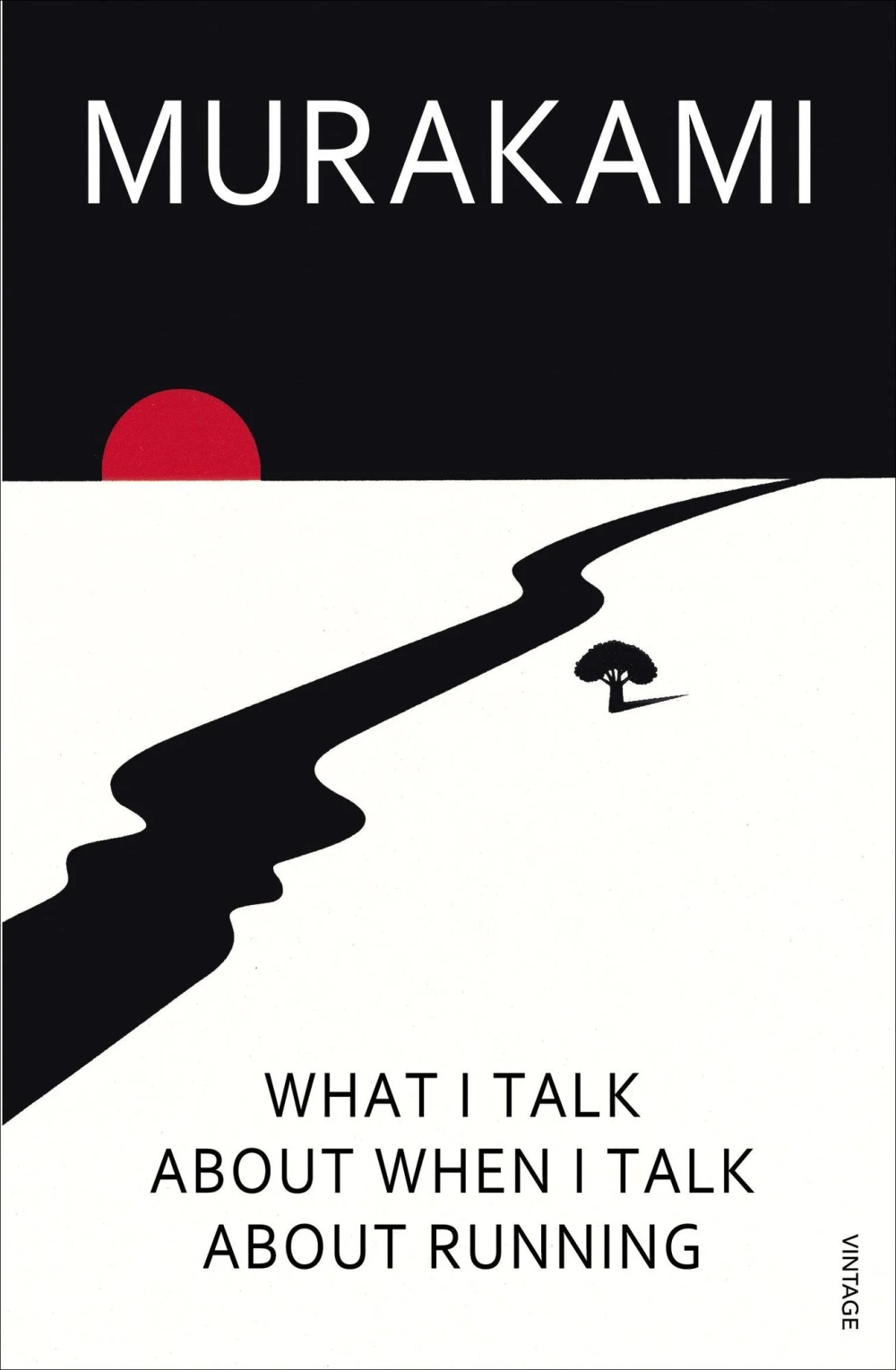Published
- 4 min read
The Power of Discipline

Running, Writing
In 1982, after selling his jazz bar to fully commit to writing, Haruki Murakami took up running to stay fit. What started as a simple way to exercise soon became a lifelong passion—one that not only shaped his physical endurance but also influenced his writing philosophy.
His memoir, What I Talk About When I Talk About Running, is more than just a book about running. It’s an introspective look at discipline, persistence, and the deep connection between physical and mental endurance. Reading it was an eye-opener for me, sparking an unexpected interest in running and changing the way I think about dedication.
The Athens to Marathon Run: A Personal Beginning
 Haruki Murakami running a marathon distance in Greece, Athens
Haruki Murakami running a marathon distance in Greece, Athens
A year after taking up running, Murakami completed his first long-distance run—a solo course from Athens to Marathon. This was a defining moment for him, marking the start of a journey that would include dozens of marathons, triathlons, and one of the most grueling physical feats of his life:
Even though my legs were working now, the thirteen miles from the thirty-four-mile rest stop to the forty-seventh mile were excruciating.
This quote refers to his 62-mile (100 km) ultramarathon in Hokkaido, an experience he describes in painful detail. Running such an extreme distance required him to push past exhaustion, both physically and mentally. His ability to endure, step by step, mile by mile, reflects a key theme in his book:
Pain is inevitable. Suffering is optional.
This phrase stuck with me. It perfectly captures the idea that challenges—whether in running, writing, or life—are unavoidable, but how we choose to respond to them is what defines us.
Running as a Metaphor for Life
For Murakami, running is more than just a sport. It’s a metaphor for self-improvement and personal growth. He believes in small, consistent efforts—whether that’s running every day, writing every morning, or simply committing to a goal and sticking with it. He explains:
For me, running is both exercise and a metaphor. Running day after day, piling up the races, bit by bit I raise the bar, and by clearing each level I elevate myself.
This perspective resonated deeply with me. Inspired by Murakami’s words, I decided to start running myself. At first, it felt difficult, even unnatural. But over time, I began to understand why so many people find joy in it. Running isn’t just about fitness—it’s about discipline, mental clarity, and the quiet satisfaction of pushing past your own limits.
Lessons from the Road
One of the most surprising takeaways from this book was how much running and writing have in common. Murakami treats both as daily habits, as practices that require patience and persistence. Writing a novel isn’t about waiting for inspiration—it’s about sitting down and working on it every day. Similarly, running isn’t just about motivation—it’s about showing up, even on the days when you don’t feel like it.
This lesson has changed the way I think about goals and long-term achievements. Whether it’s a creative project, a fitness journey, or any other personal challenge, the real key to success is consistency.
Final Thoughts
Reading What I Talk About When I Talk About Running was an unexpected but powerful experience. It not only motivated me to start running, but it also gave me a new appreciation for the mindset required to pursue any long-term goal. Murakami’s ultramarathon story was incredible—a raw, intense display of human endurance that left me thinking about my own potential.
I never expected a book to change the way I approach discipline and perseverance, but this one did. Now, as I take each step on my own running journey, I think about Murakami’s words and remind myself:
Exerting yourself to the fullest within your individual limits: that’s the essence of running, and a metaphor for life.
And with that, I keep moving forward—one step at a time.